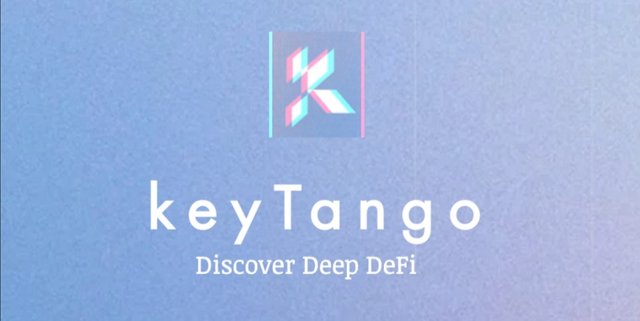The Exact Security Model Used by keyTango to Decrease OTC Risks

Over-the-Counter (OTC) is a popular type of trading technique in the cryptocurrency space. With some of the difficulties reported by some traders, keyTango, an Israeli-based cryptocurrency dealer came up with some solutions.
In this article, I discuss some of the potentials of this new OTC risk reduction strategy that keyTango is using to revolutionize the cryptocurrency industry.
Minimal Counterparty Risks
The first reason why you want to adopt this new OTC trading technique from keyTango is because of the minimal counterparty risks.
As you know, trading in the Over-the-Counter (OTC) market comes with some risks that you are not ready to bear.
Most times, cryptocurrency dealers (like keyTango) are falsely accused of taking over control of the crypto assets that are in their custody.
To prevent such claims to repeatedly come up, keyTango came up with a smart strategy of using a Multi-Party Computation (MPC) wallet.
I must mention that MPC is a risk reduction strategy that involves the generation and sharing of multiple private keys.
While this is not like the regular private keys that are only left for the wallet owners, MPC is for all the parties involved.

Therefore, if you are hiring the services of #keyTango to deal or trade your crypto assets, you are assured of maximum security of your assets and your wallet.
It is possible because the multiple private keys would be shared and stored separately. Also, all the holders of the private keys (or those authorized to have access to them) would have to collectively compute the keys before the wallet and the assets therein can be accessed.
**Co-Signers are Needed for Authorized Transactions
Another feature I find impressive about keyTango is the requirement for co-signers to authorize the transaction before it can be scaled.
The idea here is that on the deposit of collaterals by a seller, three key shares would be shared, and later distributed to three main parties, viz:
• The cryptocurrency dealer, such as GSR or keyTango
• The agree-upon-arbitrator and
• The seller
The point is that before any transaction can be made, at least two of the co-signers to the keys must be present to confirm it.
Usually, this is done by the cryptocurrency dealer and the seller who deposited funds to be traded.

In the absence of any of the two, the co-signer would then be authorized to help in validating the transaction by signing alongside the other available party.
**Support for Hardware Wallets
With multiple cybercrimes done with crypto assets, it is pertinent that something is done to keep that in check.
#keyTango appears to be doing something about that via the support for hardware wallets. This support for hardware wallets, also called offline wallets means that you can now exercise more control over your crypto assets because they are not stored on any cryptocurrency exchange.
Final Thoughts
The security of users' crypto-assets should be paramount at all times. That is why I am confident that keyTango will do well in the DeFi industry, where it wants to disrupt the status quo and establish a robust OTC trading technique.
For more information on #keyTango, visit the links below
Website: https://www.keytango.io
Telegram: https://t.me/keyTango
Twitter: https://twitter.com/tangokey
Medium: https://medium.com/keytango
Authored by Billyhaleym
Btt url https://bitcointalk.org/index.php?action=profile;u=2436516
POA https://bitcointalk.org/index.php?topic=5303123.msg56147718#msg56147718
ETH Wallet Address 0x7225827217Ce023C193b2f5c883FB3866c412ED1